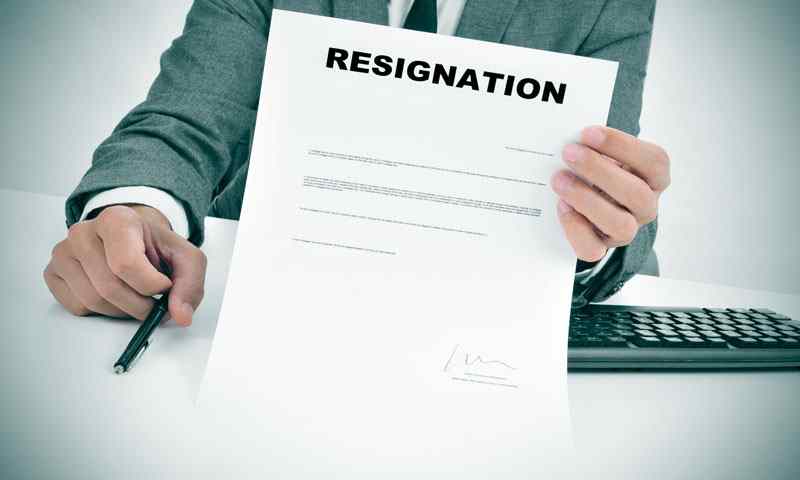
Introduction
The Supreme Court is set to decide on a pivotal reverse-discrimination case that could redefine employment law across the United States. The case, originating in Ohio, questions whether white individuals and other majority group members should be held to the same legal standards as minority employees when filing discrimination claims. A heterosexual woman has alleged that she was denied a promotion in favor of gay colleagues, bringing the issue of reverse discrimination to the forefront of national debate.
This decision has the potential to establish new legal precedents for workplace discrimination lawsuits, impacting how employers, employees, and courts interpret equality and fairness in employment practices.
Background of the Case
The case at the heart of this legal battle involves a white, heterosexual woman who claims she was overlooked for a promotion in favor of less qualified gay colleagues. Her lawsuit argues that her employer engaged in discrimination by prioritizing diversity over merit-based hiring and promotions. The lower courts have issued conflicting rulings, prompting the Supreme Court to take up the case.
Key Legal Questions Before the Supreme Court
The Supreme Court’s ruling will address several critical questions:
- Do reverse-discrimination claims require a different legal standard? Historically, workplace discrimination laws have been interpreted as protecting minority groups, but should they apply equally to all employees, including majority group members?
- What role should diversity initiatives play in hiring and promotions? The case challenges whether diversity, equity, and inclusion (DEI) programs can be considered discriminatory when they impact traditionally dominant groups.
- Should existing discrimination law be revised? Title VII of the Civil Rights Act prohibits employment discrimination, but its application to reverse-discrimination cases remains inconsistent across federal circuits.
Potential Implications of the Supreme Court’s Decision
A ruling in favor of the plaintiff could have sweeping effects on employment law, corporate diversity policies, and litigation strategies. Key consequences include:
For Employers:
- Stricter Scrutiny of Diversity Policies: Employers may need to revise hiring and promotion practices to avoid lawsuits from majority group members.
- Changes to Affirmative Action Programs: The ruling could limit how businesses implement diversity initiatives, particularly in hiring and promotions.
- Higher Litigation Risks: Companies could face an increase in discrimination lawsuits from employees who feel disadvantaged by DEI programs.
For Employees:
- Expanded Legal Protections: Majority group employees may find it easier to file discrimination claims if the Court rules in favor of equal legal standards for all groups.
- Potential Challenges to DEI Benefits: A ruling against preferential treatment for minority employees could impact corporate DEI benefits and initiatives.
- Revised Workplace Policies: Employers may adjust how they evaluate performance, promotions, and recruitment practices to comply with the new legal standard.
Historical Context: Reverse Discrimination in Employment Law
Reverse-discrimination claims have long been a contentious issue in employment law. Past cases, such as Regents of the University of California v. Bakke (1978) and Ricci v. DeStefano (2009), have addressed similar concerns regarding race-based and qualification-based discrimination. However, the Supreme Court has never set a clear, nationwide standard for reverse-discrimination lawsuits in the workplace.
Legal Experts Weigh In
Legal analysts are divided on the potential outcome of this case. Some believe that a ruling favoring the plaintiff would promote a more balanced approach to discrimination law, ensuring equal legal protections for all employees. Others argue that such a decision could undermine efforts to correct historical workplace inequalities and weaken existing civil rights protections.
Conclusion
The Supreme Court’s decision on reverse-discrimination claims will be a landmark ruling with far-reaching consequences. Whether it strengthens or weakens diversity policies, the ruling will shape the future of workplace discrimination law and influence how businesses and employees navigate the complexities of fair employment practices.
As the case unfolds, HR professionals, legal experts, and corporate leaders will need to closely monitor the outcome and adapt their policies accordingly. Regardless of the ruling, the case underscores the ongoing tension between diversity initiatives and merit-based employment decisions, ensuring that the conversation around workplace equality remains at the forefront of national discourse.
FAQs
1. What is reverse discrimination?
Reverse discrimination refers to situations where individuals from historically majority groups, such as white or heterosexual employees, claim they were treated unfairly in favor of minority employees.
2. How could the Supreme Court ruling impact workplace hiring and promotions?
If the Court rules in favor of the plaintiff, businesses may need to revise diversity hiring and promotion policies to prevent discrimination lawsuits from majority group employees.
3. Has the Supreme Court ruled on reverse discrimination before?
Previous cases, such as Ricci v. DeStefano, addressed related issues, but this case has the potential to set a more comprehensive nationwide precedent.
4. Will diversity programs be affected by the ruling?
Yes, if the ruling places stricter limits on how DEI initiatives are implemented, employers may need to alter their diversity-focused policies.
5. When will the Supreme Court issue a decision?
A ruling is expected later this year, with legal and business communities closely watching for its implications.














































